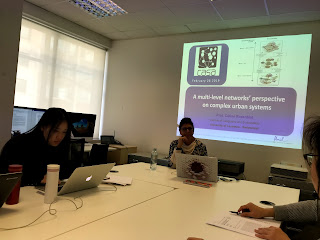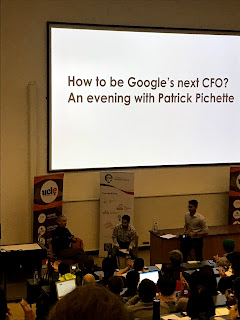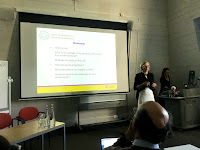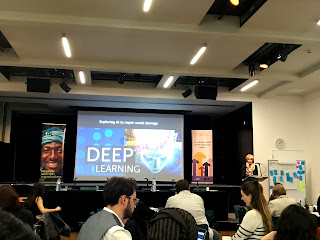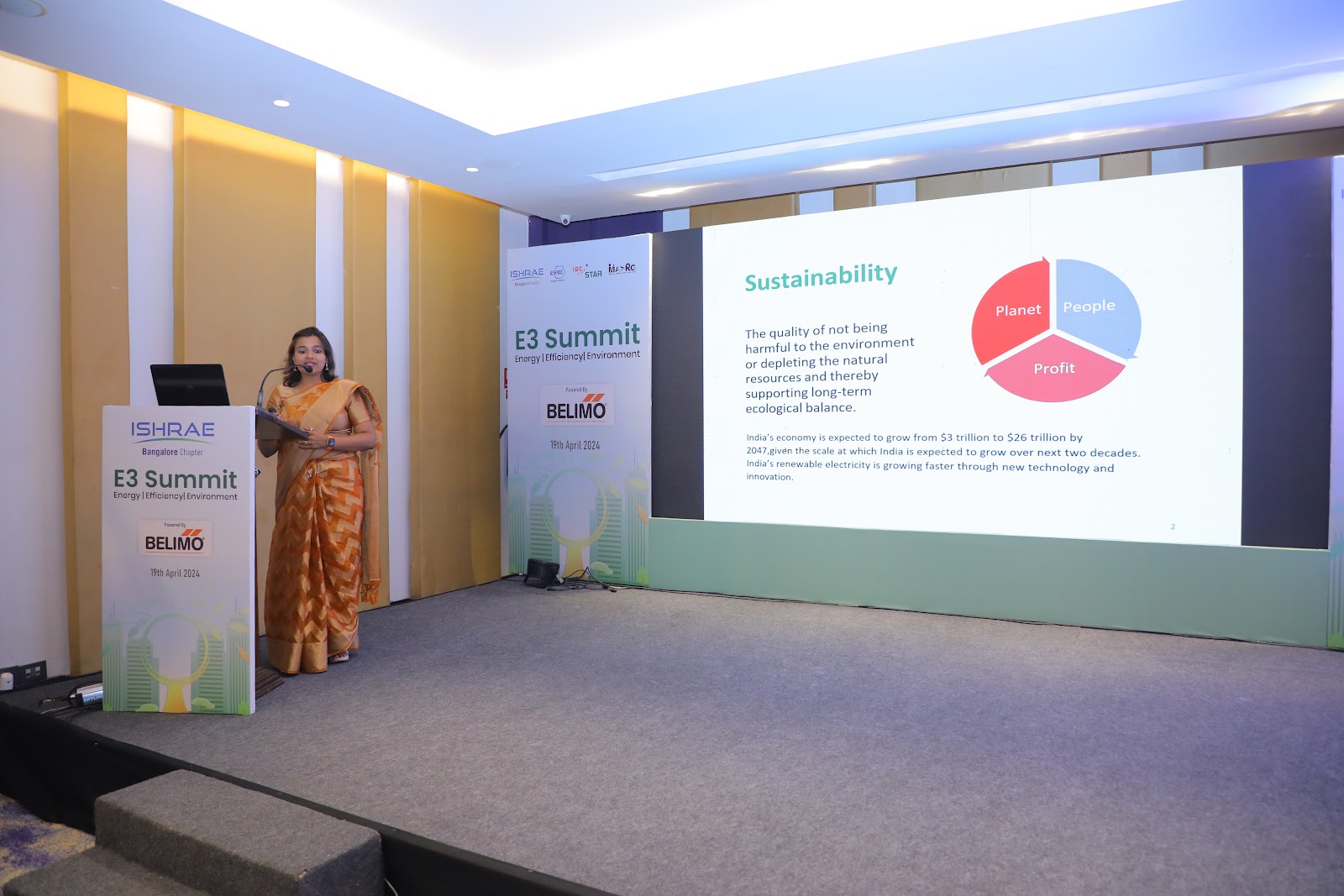Experimental Information design - Maxwell J Roberts from Casa Seminar dated 6th Feb 2019
Department of Psychology - University of Essex
Urban Public Transport - look and different of the map.
 Transit network - network coverage and connectivity highlighting the new additions . Use of network by choice - more maps - way singing purpose, change and route of destination.
Transit network - network coverage and connectivity highlighting the new additions . Use of network by choice - more maps - way singing purpose, change and route of destination.
Schematic maps - beyond topography - line trajectories - horizontal and vertical and 45 degrees.
Need to have clarity and scale of the map, simplifying the maps, octolinearity. Maps are good for psychology - complicated presentation. Expectation of the map design - Wurzburg network which have a straight line. Evidence based design needed. There are various maps which are used and implemented which is used for usability testing.
- generalisable findings are identified
- Set of maps which is easy to use
The gold standard as Octolinearity of Map
Example from the Paris network - shape of file where its too dense, planning time, curvilinear map. The journey was planned and quality was seen in the curvilinear which is outperformed. Study have performed and concluded that it have octalinearity . it is not the best map to be presented.
Color coding and route tracking - the Paris metric map is yellow and have different representation. The Lloyd,Rodgers and Roberts article to be checked. Individual group coding that could be finalised.Categorised the presentation of the data which provide visual attention depends on prevalence of navigational hazards.
Map layout by Guo in 2011 article shows that map distance is a stronger predictor of the journey choice than distance in reality and number of intervening stations.
Roberts and Rose in 2016 article summarises the certain designs led in the journey of the map, percentage of journeys in the category where the Stratford was chosen as interchange in the non-axis map which is inefficient journeys .
Intuitive theories of design by Robert,Grey and Lesnik in 2017 - many people express strong opinions and usability of design - convert the scores - it is always rated the best within design a design priority for its usability and attractiveness rated based on its skills. There is a simplicity bias for multilinear rated as more easy to use and more styled.

